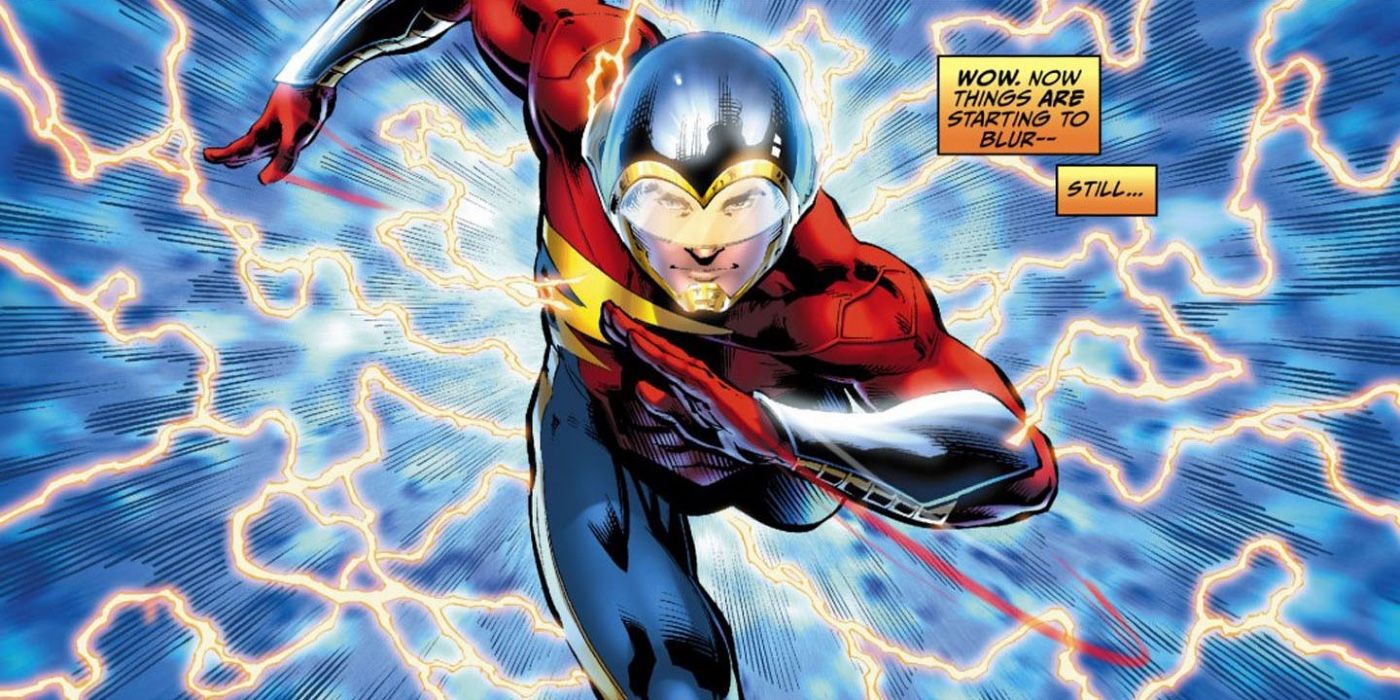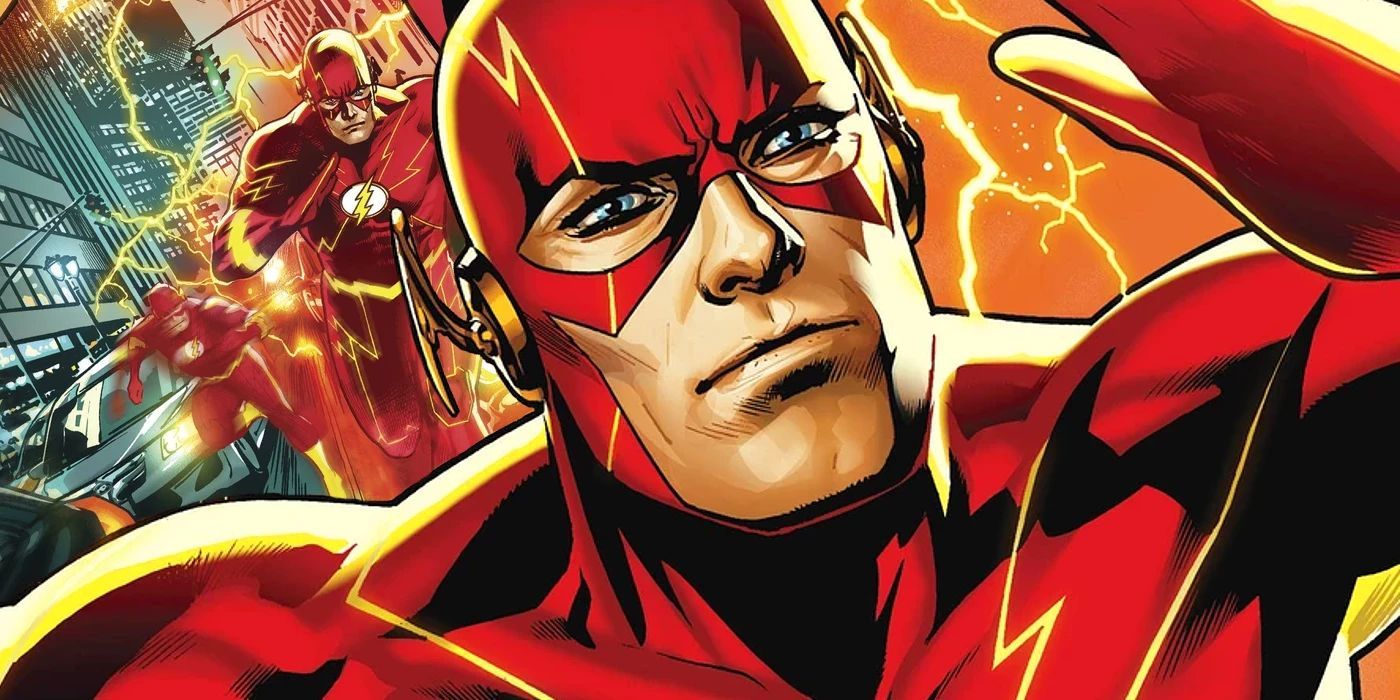Flashpoint, by writer Geoff Johns and artist Andy Kubert, has become a highly controversial story since it debuted in 2011. It ended the post-Crisis iteration of the DC Universe, arguably the most popular version of the DCU since the Silver Age, and brought about the New 52 era. Flashpoint changed a lot about DC as a whole, but one area that it had a huge effect was on the Flash mythos.
An argument can be made that Flashpoint did a lot of damage to the Flash mythos. The history of the Flash has always been rich, and Flashpoint fundamentally changed it, with the damage done lasting for years.
10 Flashpoint Made Barry Allen Look Dumb
Flashpoint itself is Barry Allen's dumbest hour. Barry had been a time traveler for years, so he understands the consequences of temporal causality. Changing time like he did created the Flashpoint universe, and the fact that he acts surprised at this fact is just so out of character for him. If there's anyone who would realize that changing the past would have massive consequences, it's Barry Allen.
The entire story revolved around longtime time traveler Barry Allen thinking that saving his mother's life would have no consequences. It was meant to be an interesting twist, but instead, it just made Barry look bad as a character, which feels counterproductive.
9 Flashpoint Made Barry Allen The Villain Of The Story And Glosses Over It
Another consequence of Flashpoint making Barry act in an out-of-character way is that he's the villain of the story. The comic does everything it can to make it seem otherwise, even teasing the Reverse-Flash as the bad guy, but in the end, all the horror of the Flashpoint Earth is Barry's fault. He is the selfish monster that damned millions of souls to death so he could have his mother.
Flashpoint does everything it can gloss over this fact, baiting readers into thinking it's not his fault. When it does reveal the truth, the story plays the whole thing for sympathy. This was Barry's first big story since coming back and it made him look dumb and selfish.
8 Flashpoint Robbed Readers Of So Many Reunions
Barry Allen returned in Grant Morrison and J. G. Jones's Final Crisis #2, which was published in the summer of 2008. Barry didn't get his own book until 2010, and in 2011 Flashpoint #1 dropped. Fans were excited to have Barry back because of what it would mean to the post-Crisis DC Universe. They wanted to see Barry get to have adventures with the characters that mattered to him.
Flashpoint ended that. Sure, fans got a bit of Barry working with the people who missed him, but not how they wanted. While the argument can be made that the New 52 gave Barry a chance to have these reunions in new ways, it wasn't the Barry Allen that fans wanted back, but a new version, and the universe was quite different.
7 The Flash Family Was Damaged For Years To Come
The Flash Family has always been a great part of the character's mythos. This related group of speedsters has banded together against every threat and had a fun interplay. There were so many great characters among them, and fans loved seeing them together.
Flashpoint nuked the Flash Family from orbit. Some members didn't exist in the New 52 or were on other Earths. Losing the Flash Family was a huge blow to Flash fans, and it took years for DC to repair the damage they did.
6 Wallace West Was Set Up For Failure
Kid Flash is an important of the Flash mythos, and Flashpoint destroyed that. By setting the time frame of the New 52 at only five years, it took the concept of a speedy sidekick out of the Flash's life. Bart Allen was an exception, but he never felt like part of Barry's story in this period. Fans were very mad about the lack of Wally West, so DC introduced Wallace West as Kid Flash.
This was meant to be a band-aid, and fans knew it. DC basically set the character up for failure by trying to use him to replace a fan favorite. Things have gotten better for Wallace since then, as he's come into his own, but trying to make him the new Wally West was a recipe for disaster that took years to rectify.
5 Barry Allen Was Responsible For The New 52
The New 52 is generally considered a mistake by DC fans. For every great story, there are multiple terrible ones, and its retcons have been widely panned. The New 52's early sales success gave way rather quickly, and it drove away longtime DC fans when they realized that no one at DC really cared about establishing an actual canon beyond Batman and Green Lantern.
Because Barry was the force behind Flashpoint, the New 52 is basically his fault. A lot of fans stopped liking the character because it, as it destroyed the DC Universe they loved. Sure, it was really the fault of the creators behind the scenes, but Barry is the public face of the change, and it soured the character for many readers.
4 It Started The Era Of Reverse-Flash Being Behind Everything Bad In Barry's Life
The return of Barry Allen meant that Reverse-Flash wouldn't be far behind. The Flash's deadliest villain came back in The Flash: Rebirth and was quickly re-established as Flash's greatest foe. However, Flashpoint and the run-up to it revealed that Reverse-Flash had begun to mess with history, including killing Barry's mom and framing his dad for the murder.
Flashpoint was the beginning of this, but it was by no mean the end, setting up the plot going forward that Reverse-Flash did everything bad in Barry's life. It took their rivalry to a silly place and led to many stories that fans could see coming a mile away.
3 Doing Away With Wally West Destroyed The Best Part Of The Flash Family
Losing the Flash Family was bad enough, but losing Wally West was unconscionable. Wally West had made the Flash mantle his own, and many readers consider him to be the best Flash. Wally's fans were looking forward to seeing him and Barry work together as equals, yet Flashpoint destroyed that completely by removing him from continuity.
An entire legion of Flash fans rebelled. Completely dropping Wally from the Flash's history made no sense. Losing their relationship damaged the Flash mythos, and the fandom, immensely.
2 Taking jay Garrick From The Prime Earth Took Away A Key Part Of The Flash Mythos
Jay Garrick was the first Flash and created the Flash mythos. After the debut of Barry Allen, Jay and the Golden Age heroes were introduced to the heroes of Earth-1, with Jay and Barry having many adventures together. Post-Crisis, the history of Earth-1 and Earth-2 were consolidated, and Jay was made into the elder statesmen of the Flash Family.
The New 52 removed Jay completely from the history of Barry Allen. Garrick was put back on Earth-2 and had his own adventures, divorcing him from the Flash mythos. Even post-DC Rebirth, Garrick's canon status has been uncertain, further hurting the mythos.
1 Putting It All On Barry's Shoulder Ostracized Fans Who Wanted Something Else
Many fans love Barry Allen, but at the time of Flashpoint, it was the first time in over two decades that readers had gotten new stories about him. Many fans thought that DC was going to have Barry and Wally co-existing and get to see new tales from both characters. Flashpoint took that away completely. Fans only had Barry, and not every reader wanted that.
Barry gained new fans, but making Barry the complete center of the Flash mythos after years of it being multi-faceted angered many readers. It pigeonholed the Flash mythos and made it about one person, something DC had moved away from decades earlier.

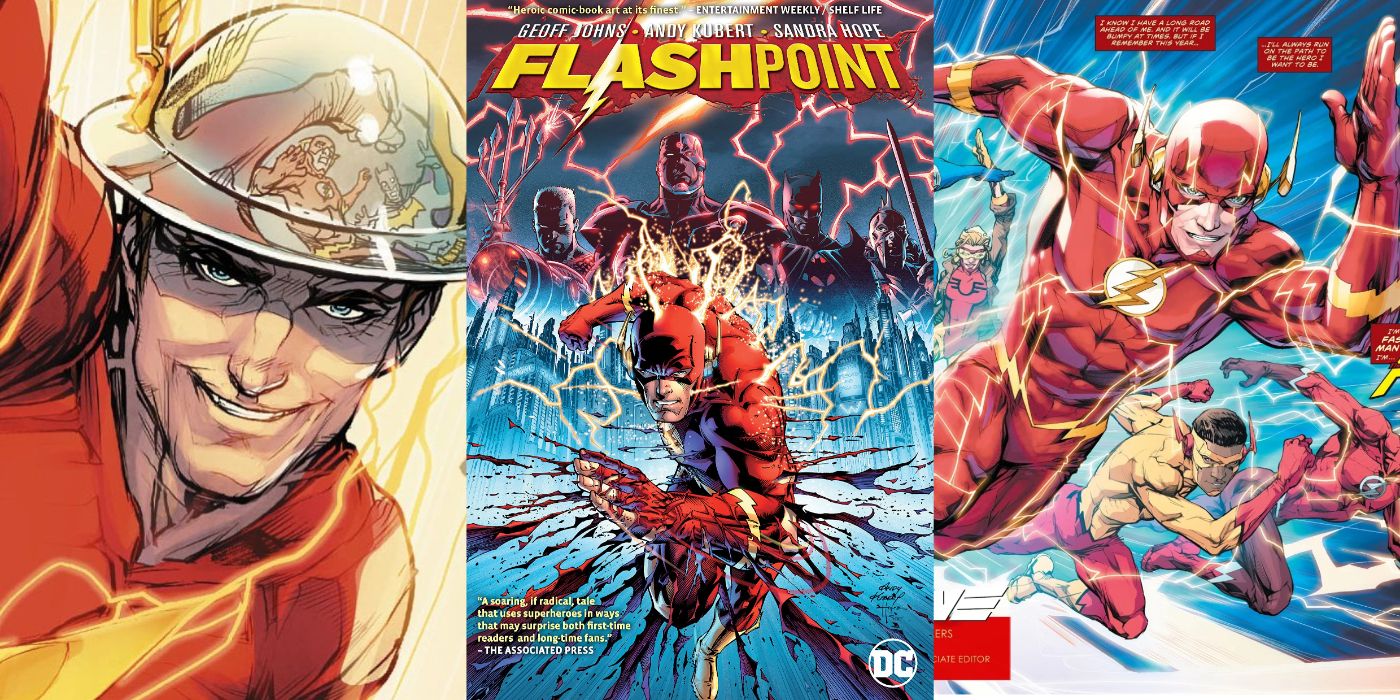
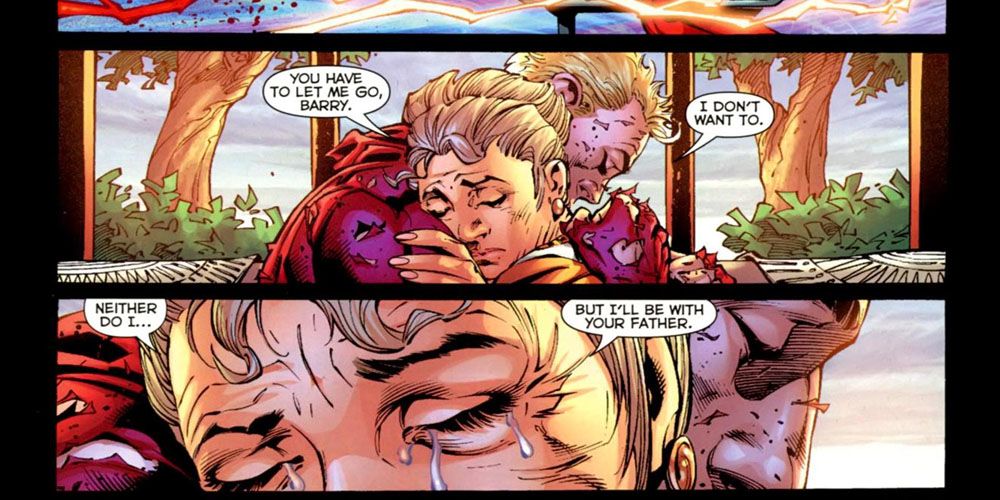
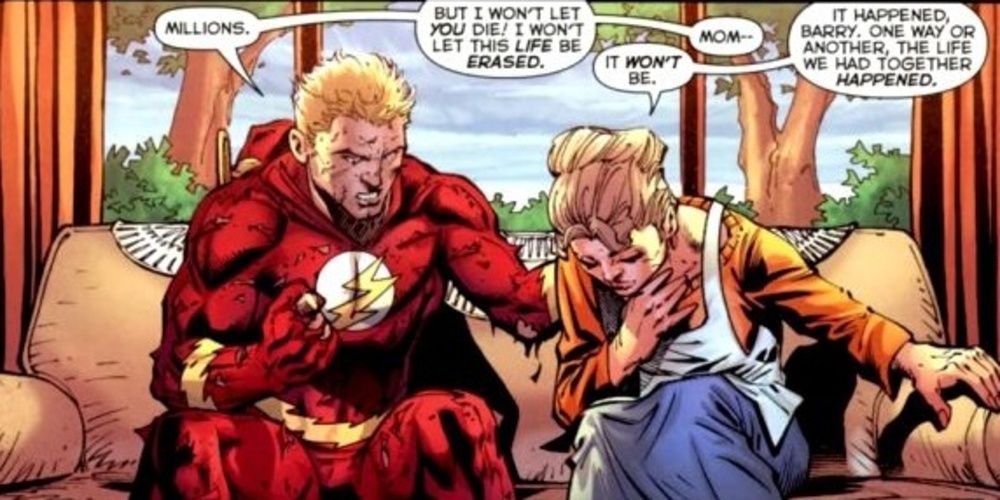
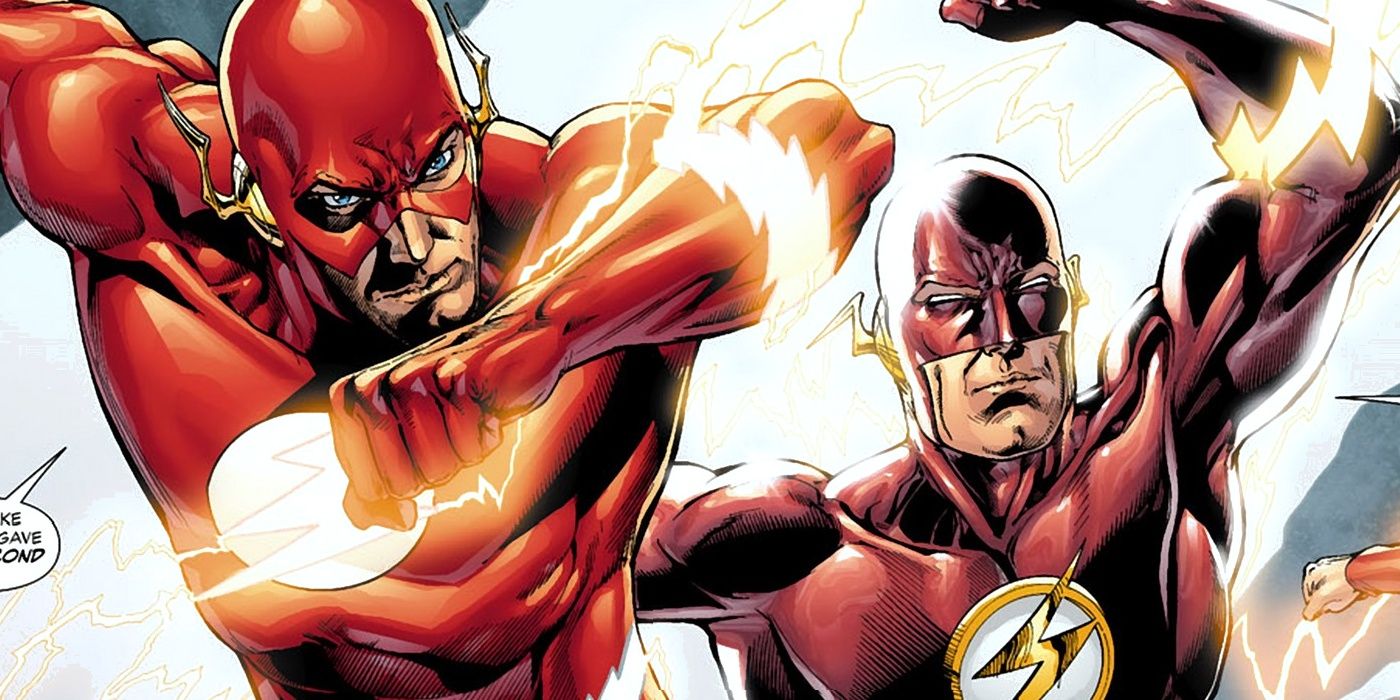
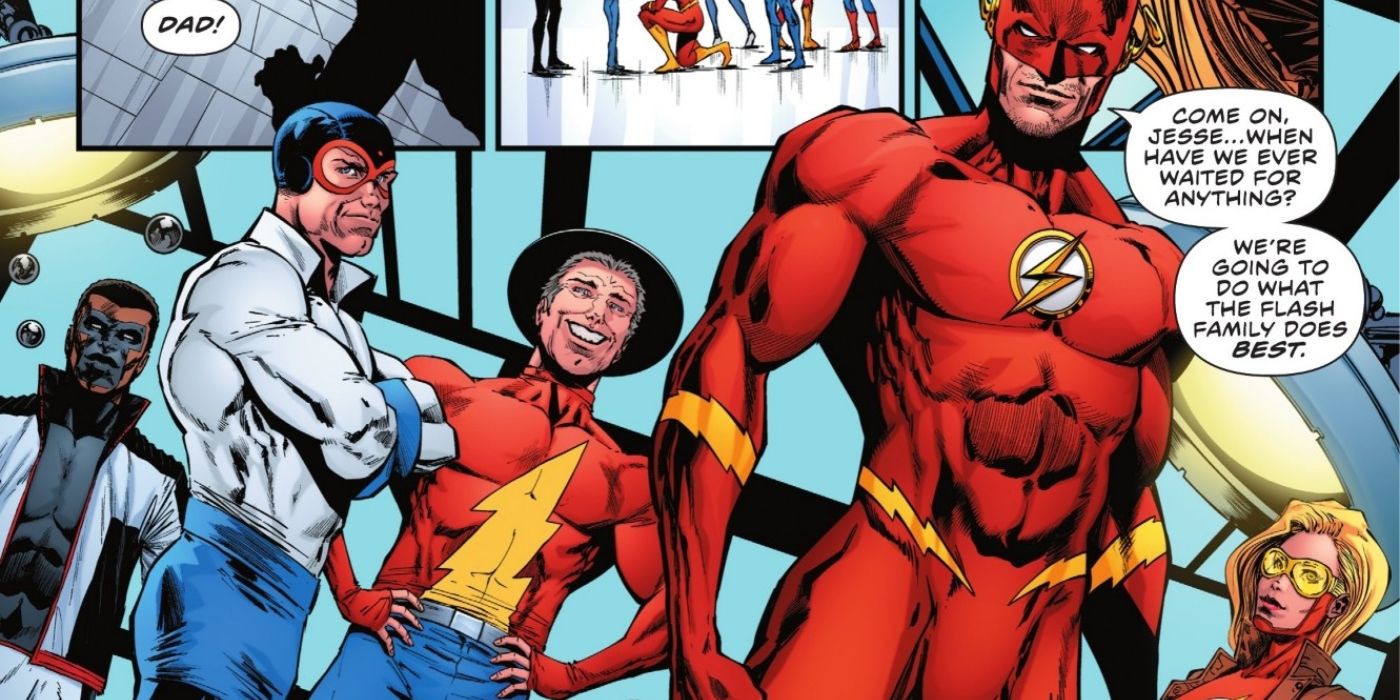
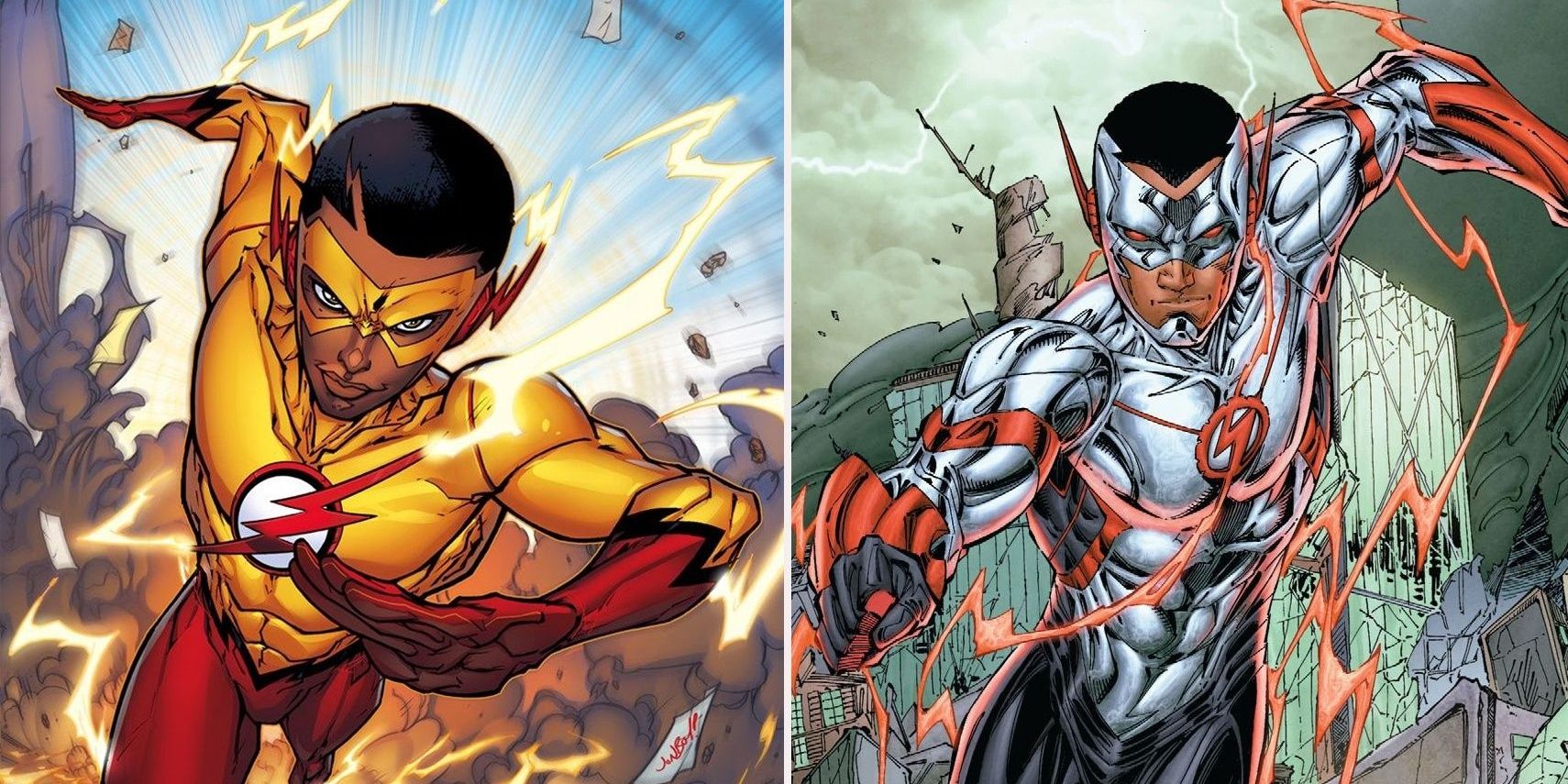
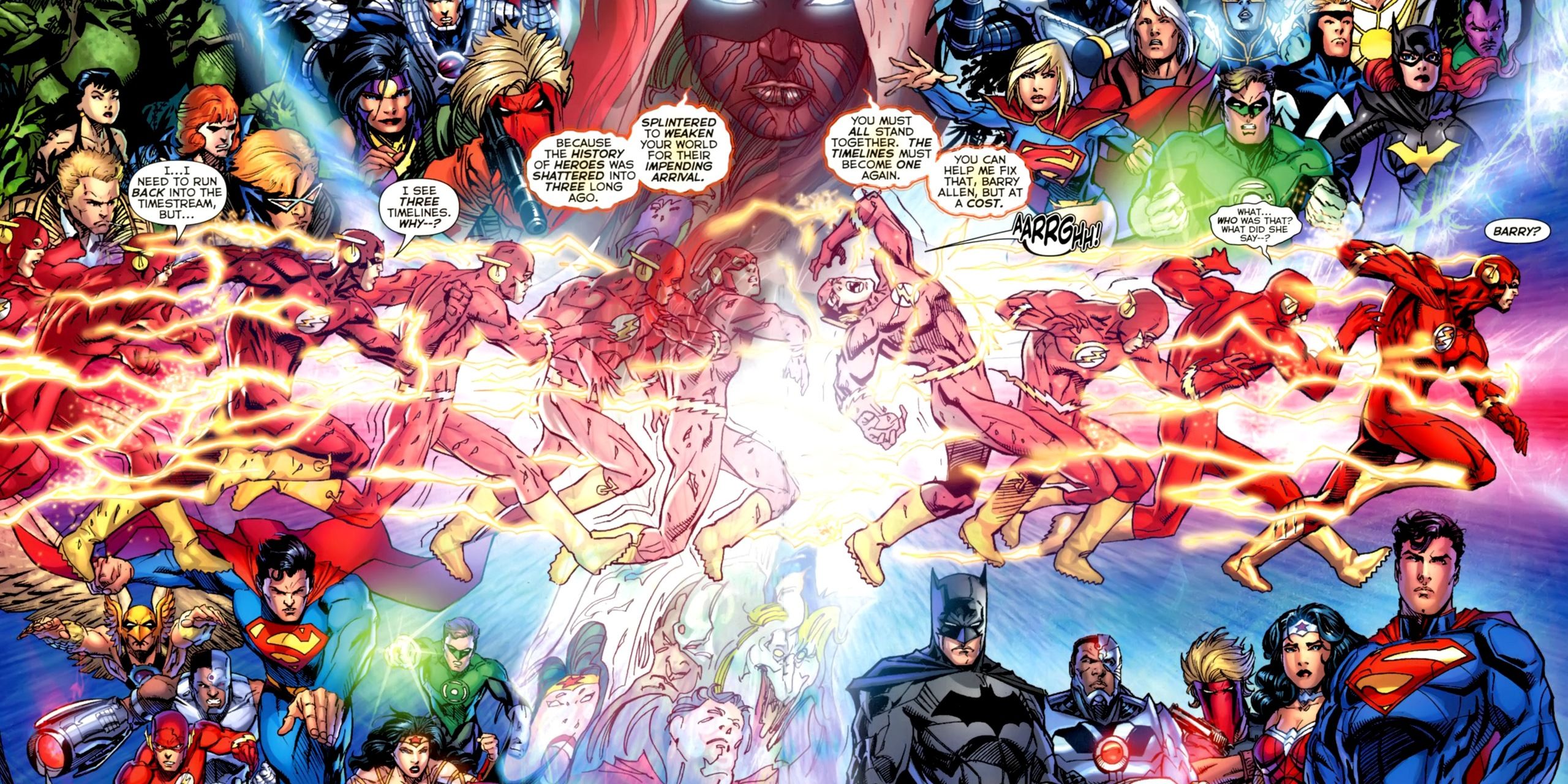
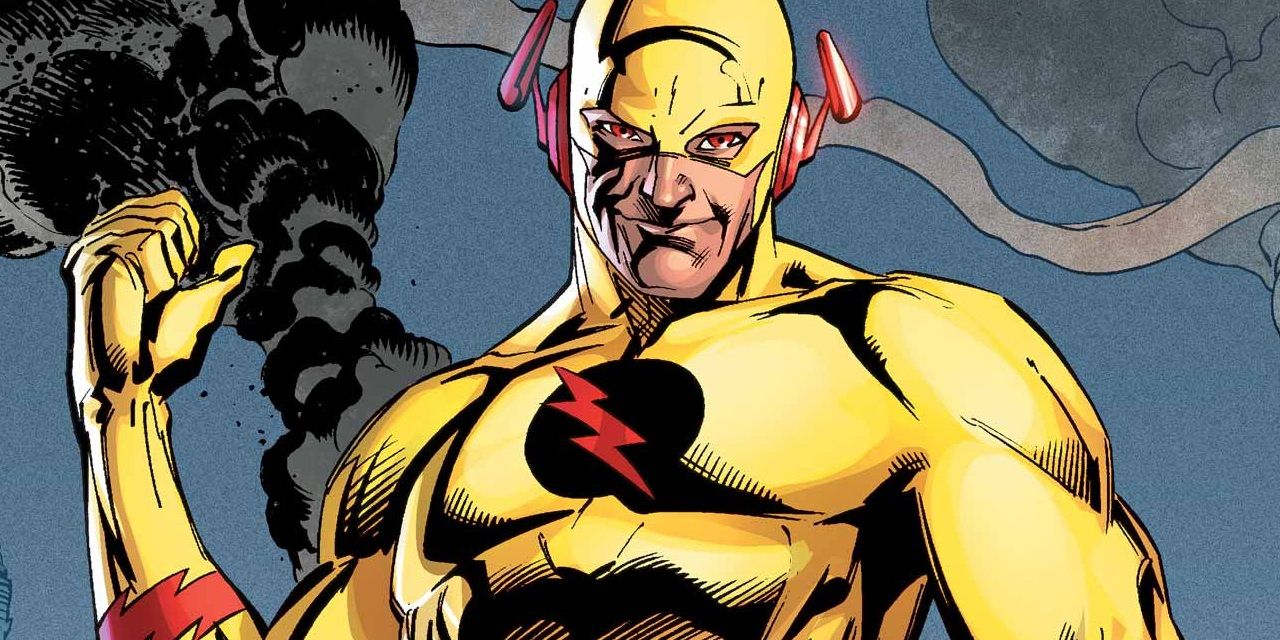
-header.jpg)
